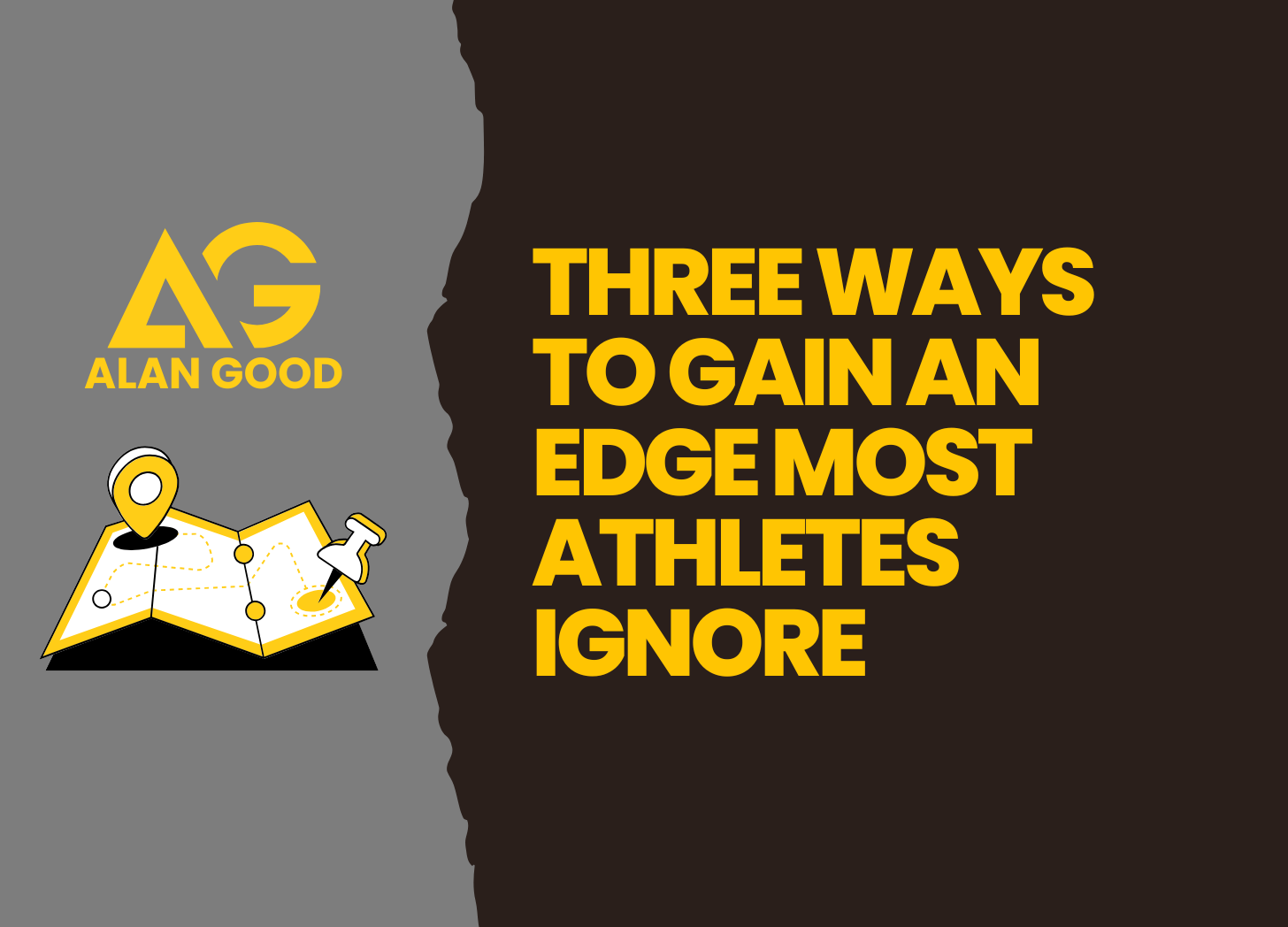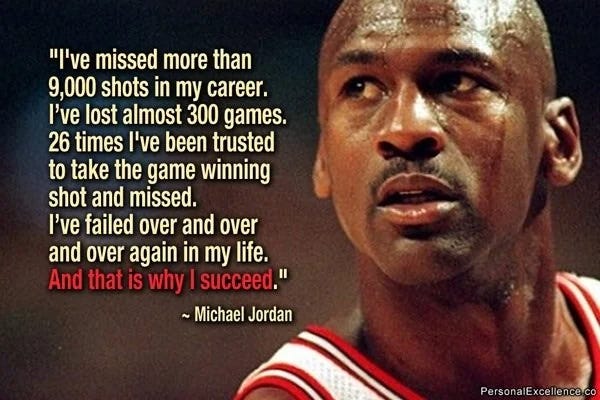The most overlooked skill in recruiting
Train your mindset now — before the competition does
Every athlete wants to get better.
But most only train what’s visible: skills, strength, and speed.
What gets neglected? Mindset.
And that’s where a big opportunity lies.
Whether you’re in the thick of the college recruiting process or getting ready to set foot on campus for the first time, you can benefit from training it.
Because for most players who commit to play college field hockey, things are going to get tougher, not easier, from here on out.
Your mindset can be your competitive advantage - but only if you choose to develop it.
Most won’t, which is why it makes such a difference for those who do.
Here are three ways to train your mindset, starting today.
1. Hard Choices Build Tough Players
There’s a simple rule that applies to sport and life:
Easy decisions, hard life. Hard decisions, easy life.
Most of us are wired for comfort. We avoid the tough rep, the hard conversation, the extra mile.
But every time you choose the harder option - especially when nobody’s watching - you train your mind to embrace challenge.
Try this at practice:
Support a teammate after they make a mistake
Jog between drills when others walk
Speak up in team meetings when you usually stay silent
You don’t need to choose the hard thing every time.
But choose it often enough, and it eventually becomes who you are.
2. It’s Not Just Growth vs Fixed - It’s Both
You’ve likely heard of the growth and fixed mindsets.
A growth mindset helps you embrace challenges, learn from failure, and believe you can always improve.
The fixed mindset gets a bad rap — it’s associated with avoiding failure and protecting your ego.
But for athletes, a small dose of fixed mindset can be a secret weapon.
The growth mindset keeps you confident and coachable. The fixed mindset, when used right, fuels your edge.
Michael Jordan famously talked about learning from failure:
But as anyone watched The Last Dance knows, he also took it personally - and it lit a fire in him.
That edge made him relentless. It gave him a chip on his shoulder. Combined with his belief in his ability, it helped him push his Chicago Bulls teams to greatness.
You don’t need to be MJ. But you can take the same lesson:
You mostly want a growth mindset. But the right kind of fixed mindset — the chip, the edge, the drive — can help more than it hurts.
3. Train With Intent, Recover With Purpose
There’s a phrase in distance running:
Make your easy days easy and your hard days hard.
It means don’t train at 80% every day. You’ll burn out or break down.
Instead:
Go hard when it’s time to push.
Pull back when it’s time to rest.
Mindset isn’t just about suffering.
It’s about knowing when to push and when to recover.
Even elite performers need off switches. And a well-timed rest day is an investment in your long-term growth.
This is especially true during the peak of recruiting season — when families spend summer bouncing from showcases to clinics to tournaments without pause.
That can lead to playing average hockey everywhere, instead of playing your best when it counts.
The toughness is in the discipline, not the grind.
Reality Check
Mindset is trainable. But most athletes never train it.
That’s why I created The Resilient Athlete - a digital course designed to help teenage players build the mental skills that fuel long-term performance.
You’ll get lifetime access to all current and future lessons for $15. If this newsletter resonated, you’ll love it.



